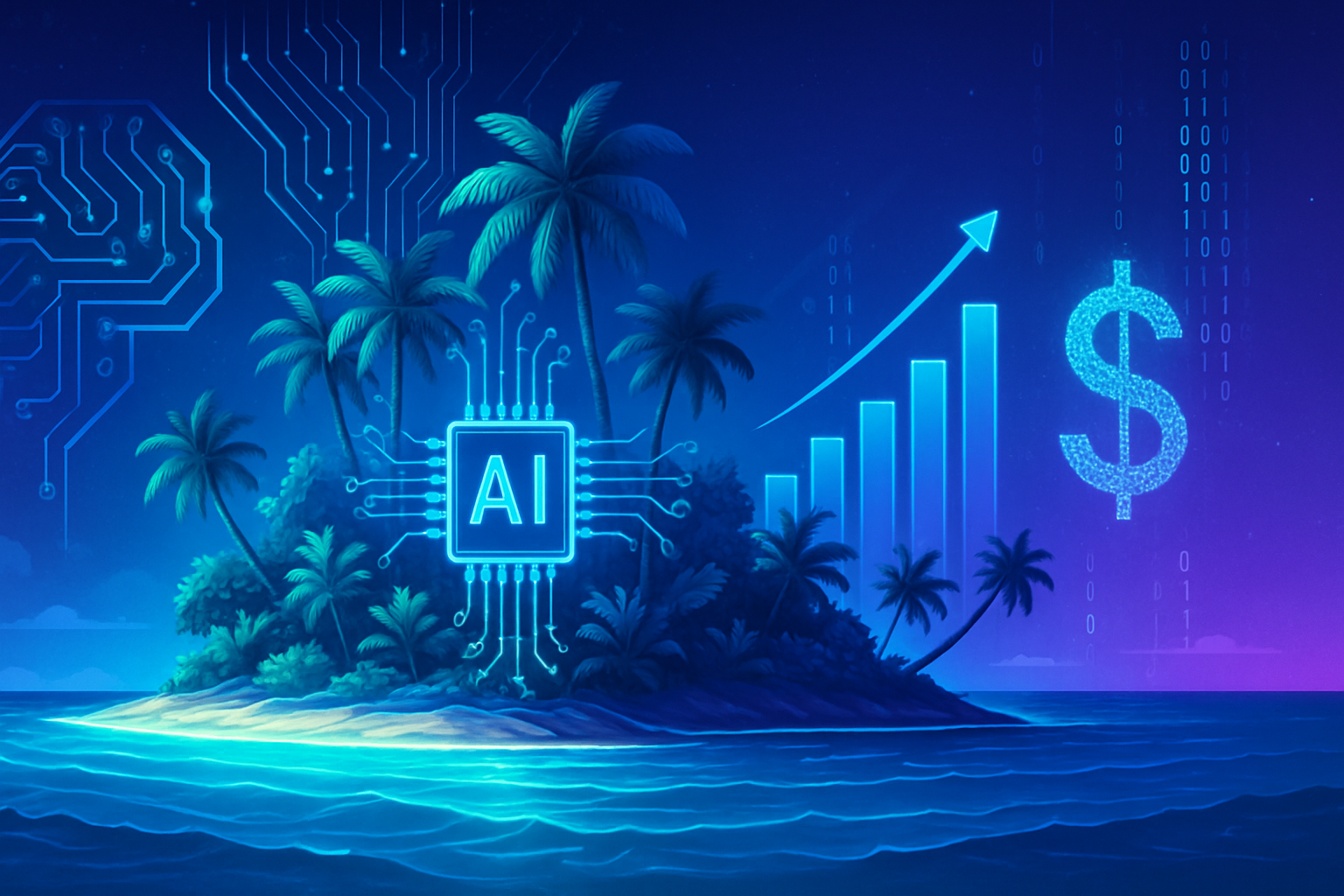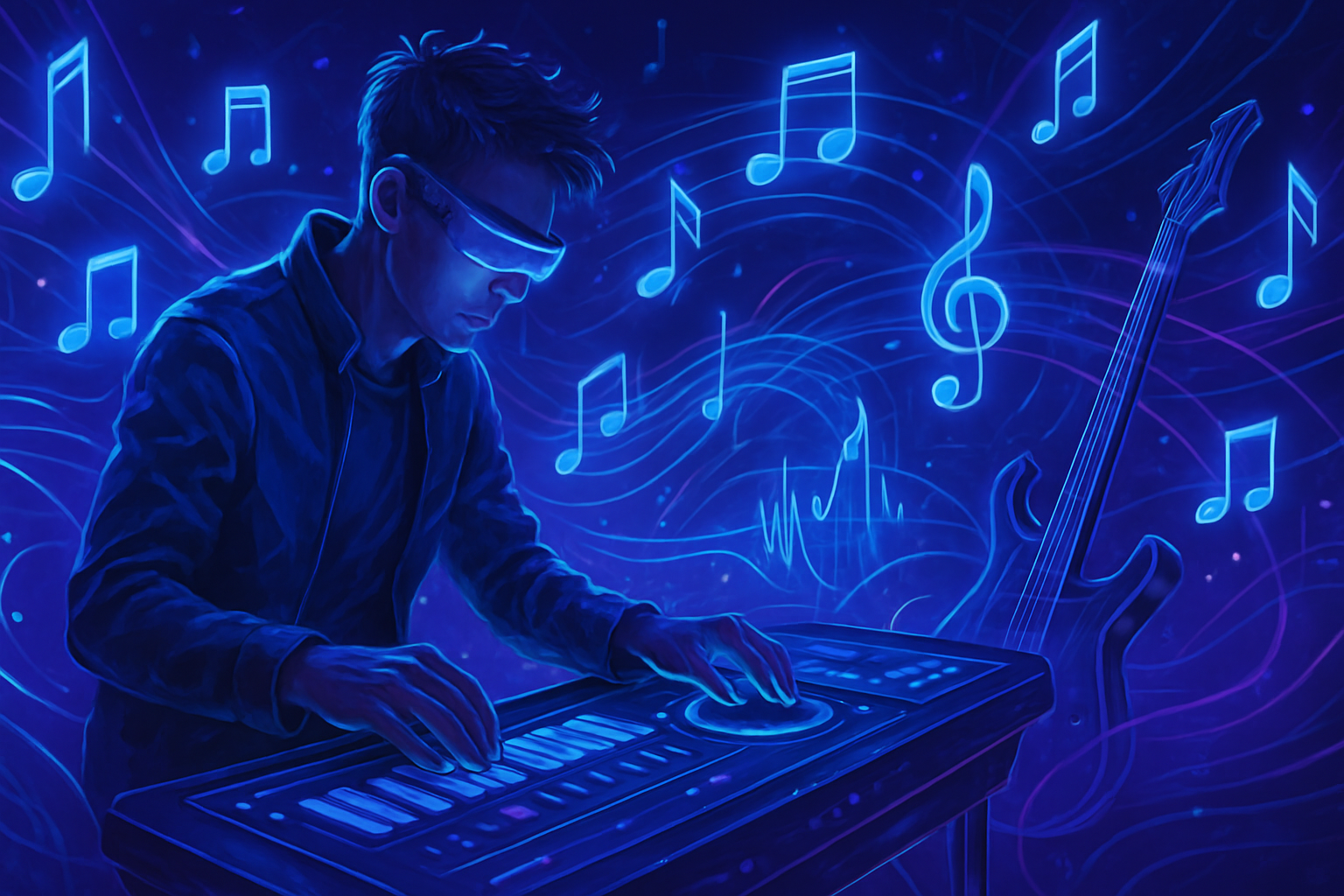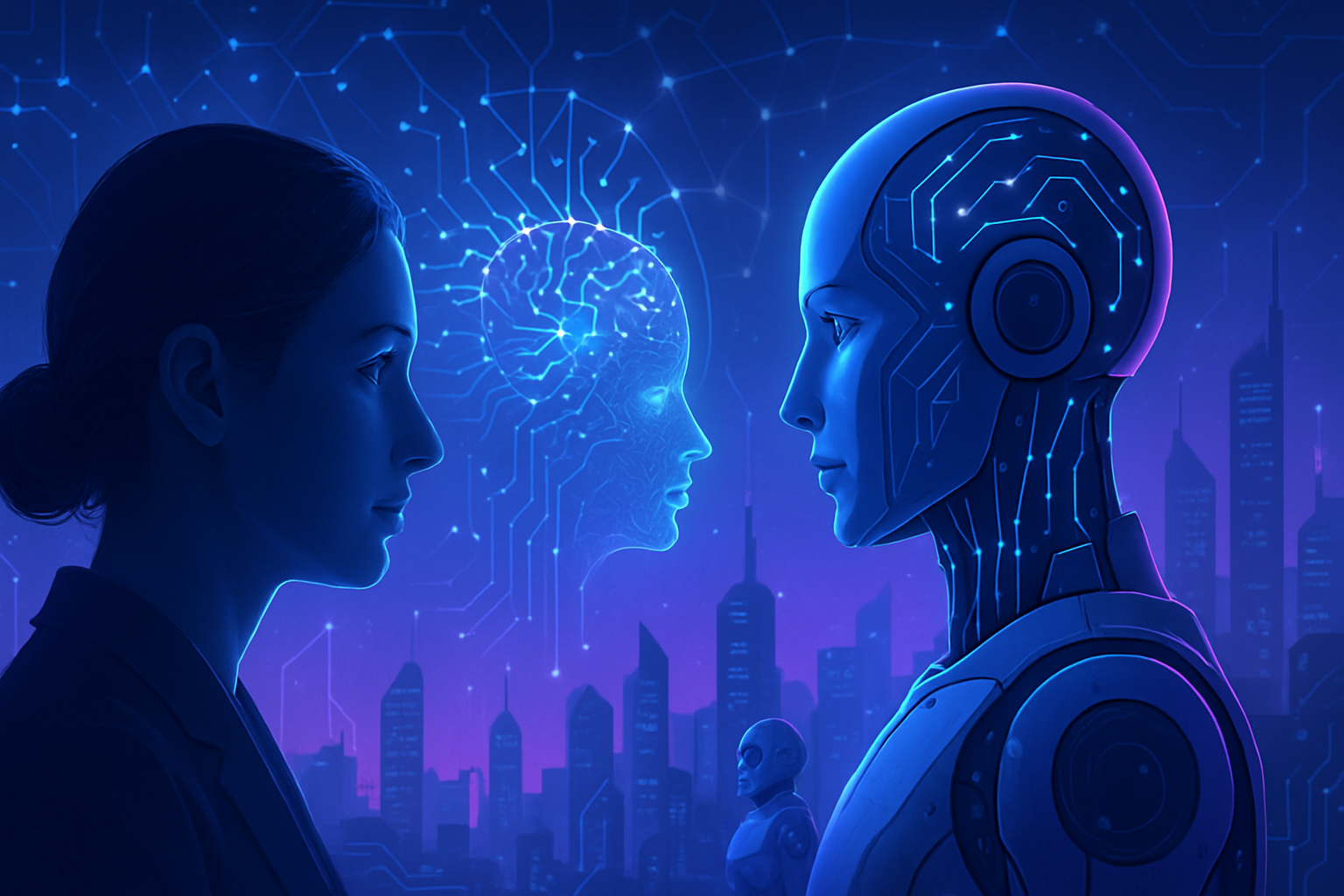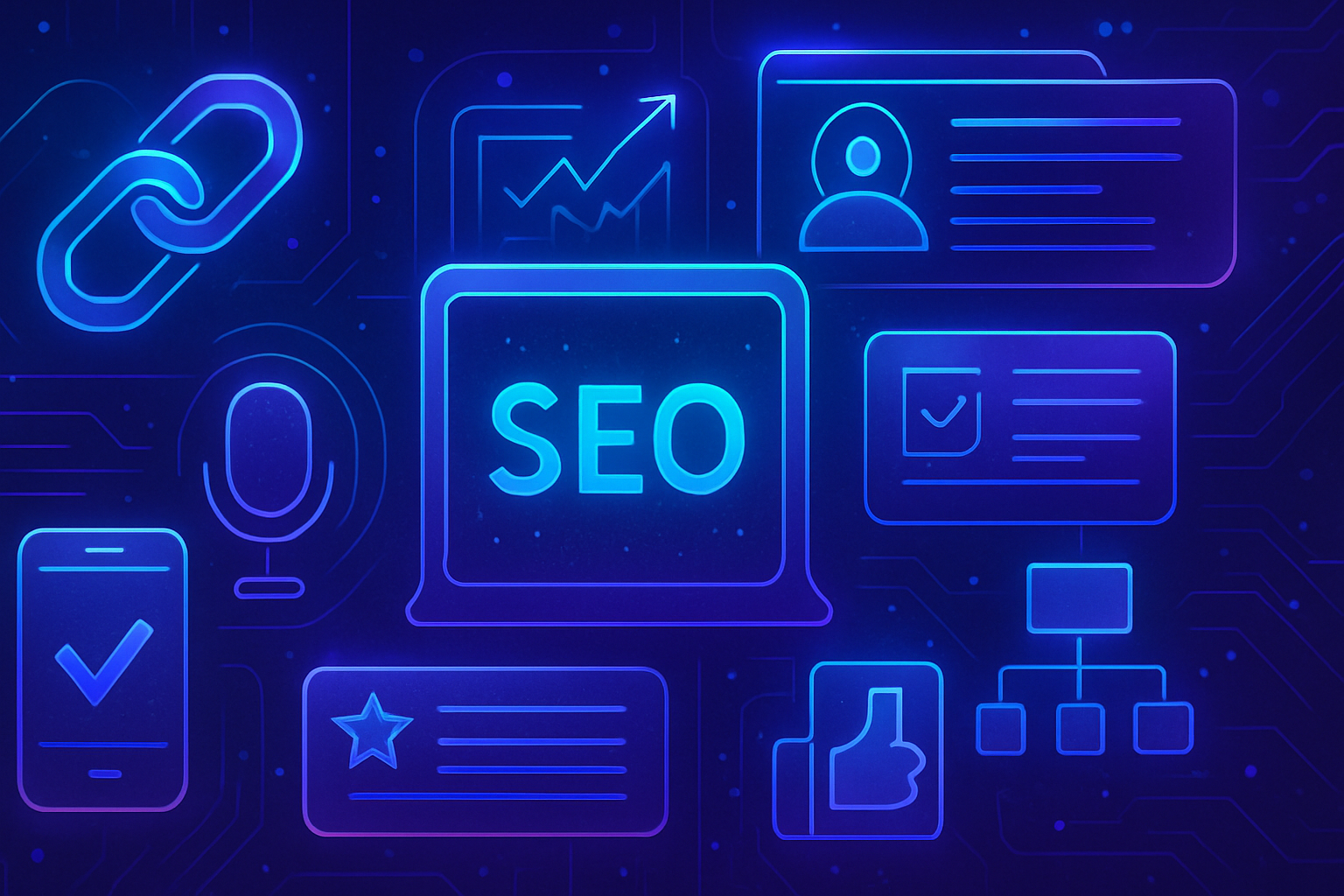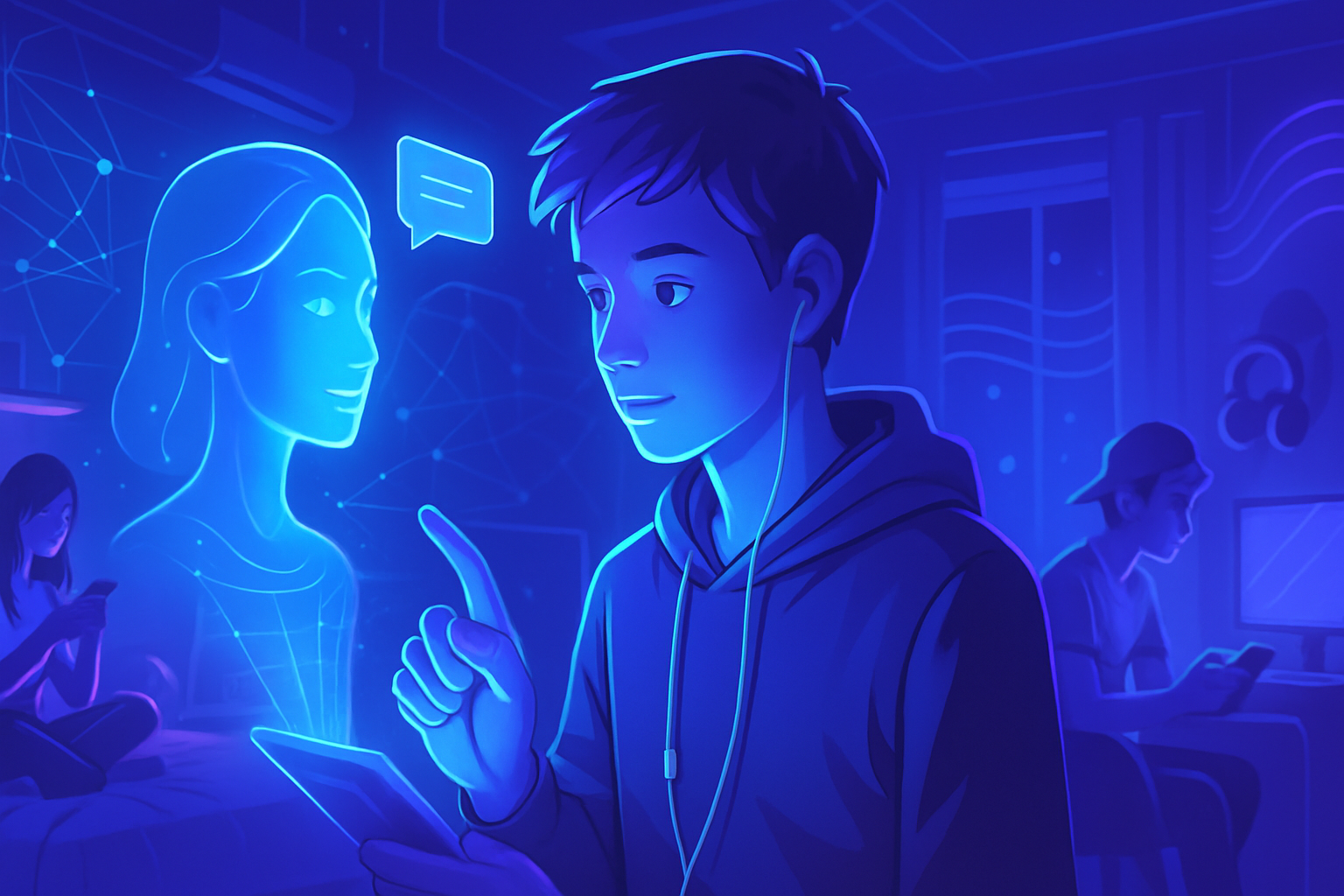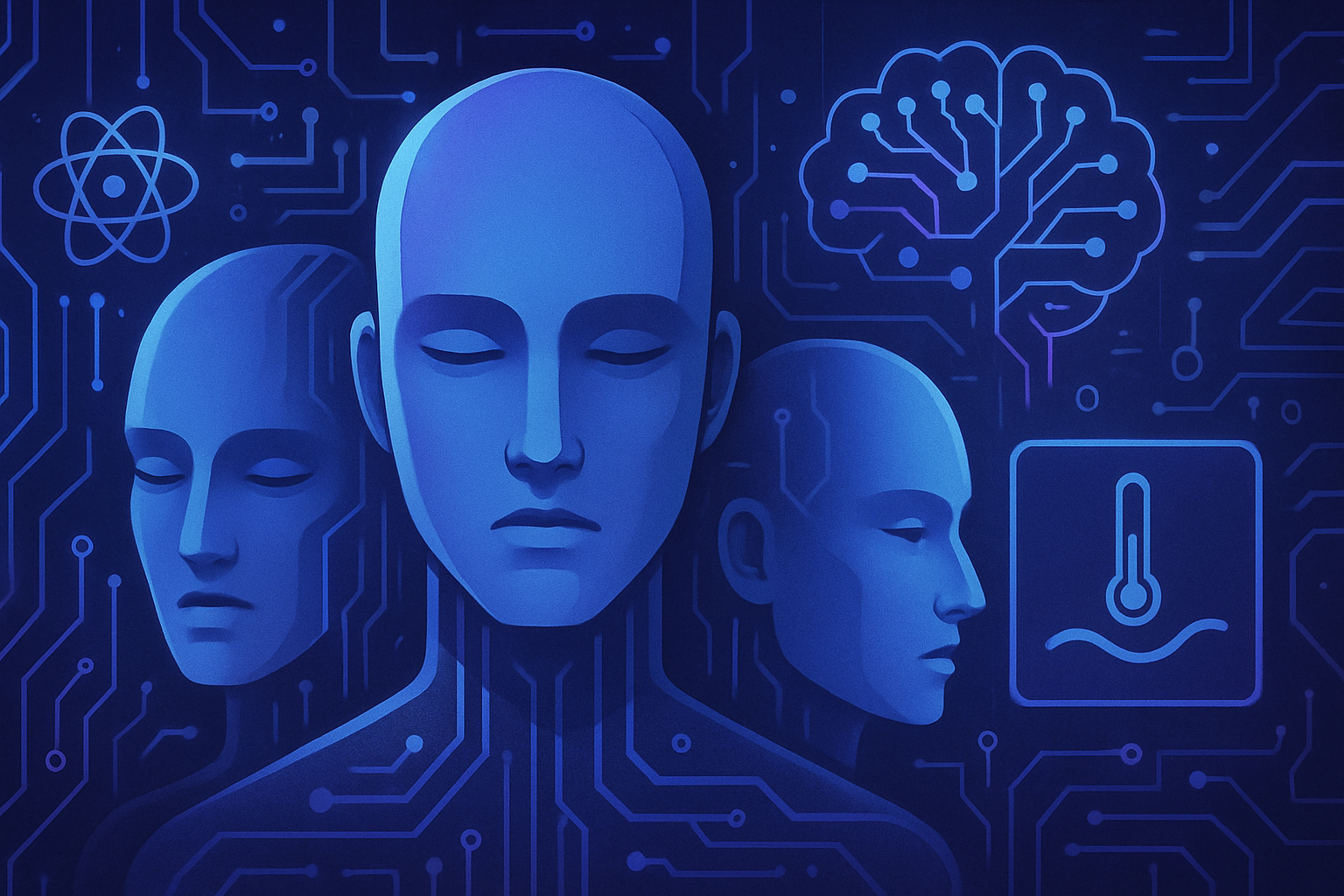The trial of P. Diddy captivates public attention with its scandalous and disturbing aspects. Shocking revelations, involving celebrities like Taylor Swift, fuel a *flood of sensationalist rumors*. In this tide of information, *artificial intelligence*, often used to generate misleading content, amplifies lies. Fabricated quotes and biased images profoundly influence the collective perception of this high-profile trial. In the face of such stakes, YouTube is overflowing with misleading videos, compromising the truth.
The flood of misinformation about the P. Diddy trial
An alarming phenomenon has emerged surrounding the trial of P. Diddy, causing a proliferation of sensationalist videos on YouTube. Since mid-May, this content, often generated by artificial intelligence, has inundated the platform, manipulating public perceptions of the real facts. Over 900 videos, created by 26 channels, have garnered nearly 70 million views.
The mechanisms of misinformation
The channels utilized, such as Peeper and Celeb Buzz, employ a tried-and-true formula: catchy titles and eye-catching thumbnails, often crafted by algorithms. These images and videos tend to portray celebrities on the witness stand, accompanied by fabricated quotes. Representations of figures like Will Smith and Justin Bieber are widely disseminated, fueling misinformation.
AI-generated content
The video content is not limited to original creations. It combines voiceovers generated by AI and clips from social media such as TikTok. Sometimes, AI-generated images and videos enhance these narratives. An investigation by The Guardian reveals that most channels profit from YouTube ads to monetize this content, thereby creating a real market for misinformation.
The quest for online profits
The creators of these channels see a lucrative opportunity surrounding the trial of P. Diddy. An entrepreneur, Wanner Aarts, admitted that the effectiveness of misinformation-focused channels could even surpass that of illegal activities. This dynamic encourages the integration of even more similar content, thus attracting an audience eager for sensationalism.
A trial at the heart of the news
Sean Combs, 55, faces serious charges, including sexual trafficking and conspiracy, which carry heavy prison sentences. As jurors begin their deliberations after weeks of testimony, the stakes are astronomical. Media reports indicate tensions within the jury concerning the most serious charge, that of conspiracy.
The impact of new technologies on perception
The rise of AI in content creation raises ethical questions. Satirical and distorted videos compromise public dialogue on serious issues such as those addressed in the P. Diddy trial. Particularly, narratives amplified by false testimonies harm the truth. Media outlets must reflect on their responsibilities in the face of such a wave of misinformation.
An uncertain future for truth
As misinformation and AI continue to evolve, the need to regulate this type of content is becoming apparent. The emergence of paid training to teach creators to generate this type of AI mush only exacerbates the situation. The ethical stakes in the media landscape demand increased vigilance against the manipulation of facts.
Frequently asked questions about the P. Diddy trial and AI-generated misinformation
What are the main issues in the P. Diddy trial?
The P. Diddy trial involves serious allegations, including sexual trafficking and conspiracy, which could lead to life imprisonment.
How are sensationalist videos about the P. Diddy trial produced?
These videos are often generated by AI tools that create catchy titles and thumbnails, with mixed content sourced from different platforms like TikTok or old media.
What types of content can be found on YouTube channels covering the P. Diddy trial?
Most content includes voiceover comments generated by AI, excerpts from viral videos, and montages of celebrities with often fabricated quotes.
Why are so many creators turning to the P. Diddy trial to create content?
The trial generates significant media interest and goes viral, leading creators to shift niches to exploit the traffic and revenue potential it generates.
What is the prevalence of misinformation related to the P. Diddy trial?
An investigation revealed that 26 YouTube channels produced over 900 videos on this topic, accumulating nearly 70 million views, thereby contributing to widespread misinformation.
How can one identify AI-generated content on YouTube?
Some videos stand out due to mechanical voiceovers, poorly edited footage, or suspicious details in the titles and thumbnails that seem exaggerated or sensationalist.
What dangers does consuming this type of content pose to the public?
This type of content can distort the perception of real events and influence public opinions on sensitive topics such as the P. Diddy trial.
What are the motivations of creators behind fake videos about P. Diddy?
Creators primarily seek to monetize their content by attracting views, sometimes at the cost of information integrity and factual accuracy.
Can I trust the testimonies presented in these videos?
No, the testimonies presented in these videos are often fabricated or distorted, rendering their reliability highly questionable.
What impact could this wave of misinformation have on the public perception of the involved celebrities?
Misinformation can lead to erroneous judgments and stigmatization of celebrities, influencing public perception without solid factual foundations.
